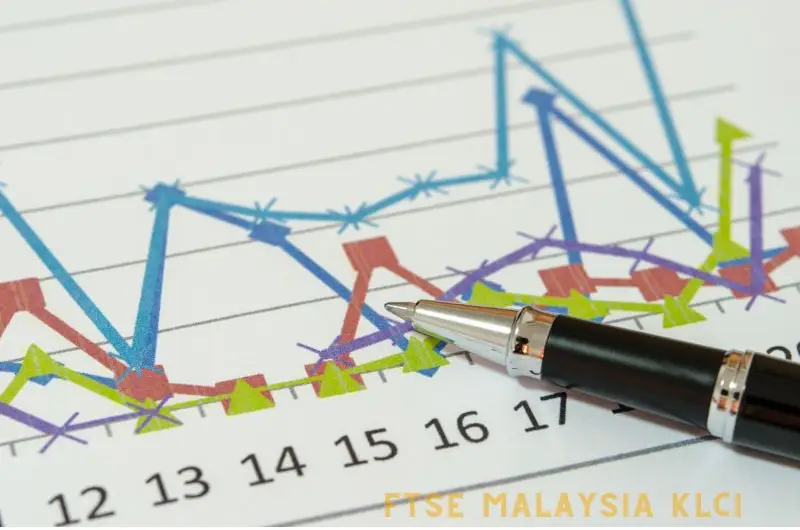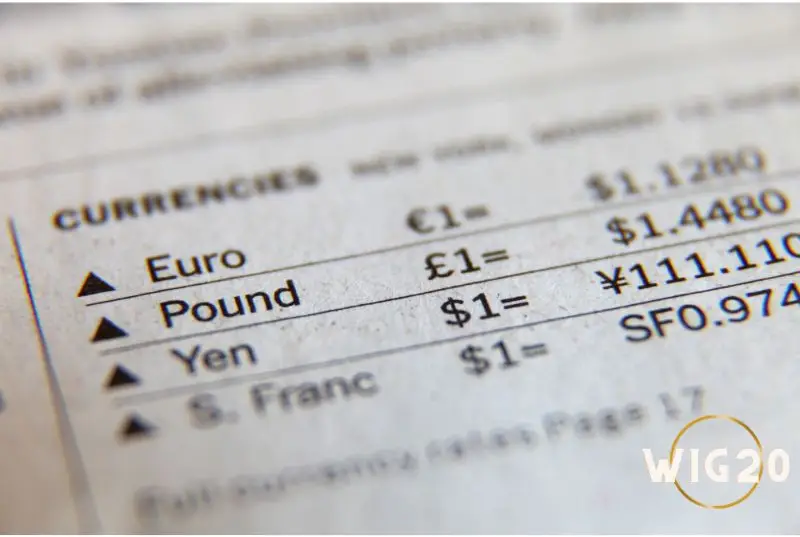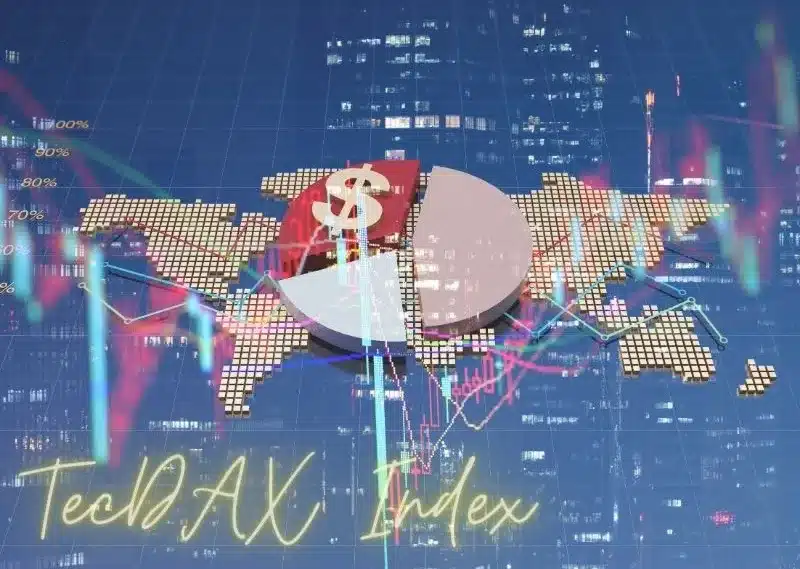KOSPI 200: A Rising Star in the South Korean Stock Market
The KOSPI 200 is a stock market index in South Korea that tracks the performance of the top 200 companies listed on the Korea Exchange. This index is widely regarded as a key indicator of the overall health and direction of the South Korean economy.
Investors looking to diversify their portfolio and gain exposure to one of Asia’s leading economies should consider investing in the KOSPI 200. Here are a few reasons why this stock index stands out:
- Diverse Sector Representation: The KOSPI 200 includes companies from various sectors such as technology, finance, consumer goods, and more, providing investors with a well-rounded investment opportunity.
- Strong Performance: Over the years, the KOSPI 200 has shown resilience and potential for growth, making it an attractive option for both domestic and international investors.
- Liquidity: With high trading volumes and liquidity, investors can easily buy and sell shares of companies included in this index without facing significant hurdles.
In summary, the KOSPI 200 offers investors a chance to tap into South Korea’s vibrant economy through a diversified basket of top-performing companies. Keep an eye on this rising star in the South Korean stock market!
Opening hours KOSPI 200
The KOSPI 200 is the main stock index of South Korea, comprising the top 200 companies listed on the Korea Stock Exchange. The trading hours for the KOSPI 200 are from 9:00 AM to 3:30 PM (KST), Monday to Friday.
Why invest in the KOSPI 200
Investing in the KOSPI 200 provides exposure to a diverse range of industries and sectors in South Korea, including technology, finance, and manufacturing. The index has historically delivered strong returns for investors and is a popular choice for those looking to gain exposure to the South Korean market.
Major stocks on the KOSPI 200
Some of the major stocks included in the KOSPI 200 index are Samsung Electronics, Hyundai Motor Company, SK Hynix, and LG Chem. These companies play a significant role in driving the performance of the index and are closely watched by investors.
Stock index in South Korea
The stock market in South Korea is represented by several indices, with the KOSPI being the most widely followed. In addition to the KOSPI 200, there are also indices such as the KOSDAQ for smaller cap companies and sector-specific indices that provide different investment opportunities for traders.
KOSPI 200 in South Korea
The KOSPI 200 is a stock market index in South Korea that consists of the top 200 companies listed on the Korea Exchange. It is a widely recognized indicator of the overall performance of the South Korean stock market.
As a regulated index, the KOSPI 200 is subject to strict rules and guidelines set forth by the Korea Exchange. These regulations ensure transparency, fairness, and stability in the trading of securities included in the index.
- Transparency: The KOSPI 200 index is transparent in its methodology for selecting and weighting component stocks. This transparency helps investors understand how the index is calculated and make informed decisions.
- Fairness: The regulations governing the KOSPI 200 ensure fair treatment for all market participants, regardless of their size or influence. This fosters a level playing field for investors.
- Stability: By adhering to strict regulations, the KOSPI 200 aims to maintain stability in the South Korean stock market. This stability is crucial for attracting domestic and foreign investors.
Overall, as a regulated indice, the KOSPI 200 plays a key role in providing investors with a benchmark for tracking the performance of the South Korean stock market. Its adherence to regulations helps maintain trust and confidence in the market among investors and stakeholders alike.
KOSPI 200: South Korea’s Premier Stock Index
The KOSPI 200 is a stock market index in South Korea that tracks the performance of the top 200 companies listed on the Korea Exchange. It is considered a key indicator of the overall health and direction of the South Korean economy.
If you’re interested in trading stocks on the KOSPI 200, you can easily do so through an English stock trading platform. Here’s how to get started:
- Choose a reputable English stock trading platform that offers access to international markets, including South Korea.
- Create an account by providing your personal information and agreeing to terms and conditions.
- Fund your account with the necessary capital to start trading on the KOSPI 200.
- Research and analyze the companies listed on the index to make informed trading decisions.
- Place trades on the KOSPI 200 through the platform’s trading interface.
By following these steps, you can start trading stocks on one of South Korea’s premier stock indices and potentially capitalize on opportunities in the dynamic Asian market.
KOSPI 200 in South Korea
KOSPI 200 is a stock market index in South Korea that tracks the performance of the top 200 companies listed on the Korea Exchange. It is considered a key indicator of the overall health of the South Korean economy and stock market.
The KOSPI 200 has experienced fluctuations over the years, influenced by various factors such as economic conditions, political events, and global market trends. Investors closely monitor its movements to make informed decisions about their investments.
- Performance: The performance of KOSPI 200 can provide insights into the strength and stability of the South Korean economy. A rising index indicates positive market sentiment, while a declining index may signal economic challenges.
- Diversification: The companies included in KOSPI 200 represent various sectors, providing investors with a diversified portfolio. This helps spread risk and minimize potential losses.
- Volatility: Like any stock market index, KOSPI 200 is subject to volatility. Fluctuations in prices can create opportunities for investors seeking to capitalize on market movements.
In conclusion, KOSPI 200 plays a vital role in the South Korean financial market as a benchmark for measuring performance and assessing investment opportunities. Understanding its dynamics can help investors navigate the complexities of the stock market and make informed decisions.















































